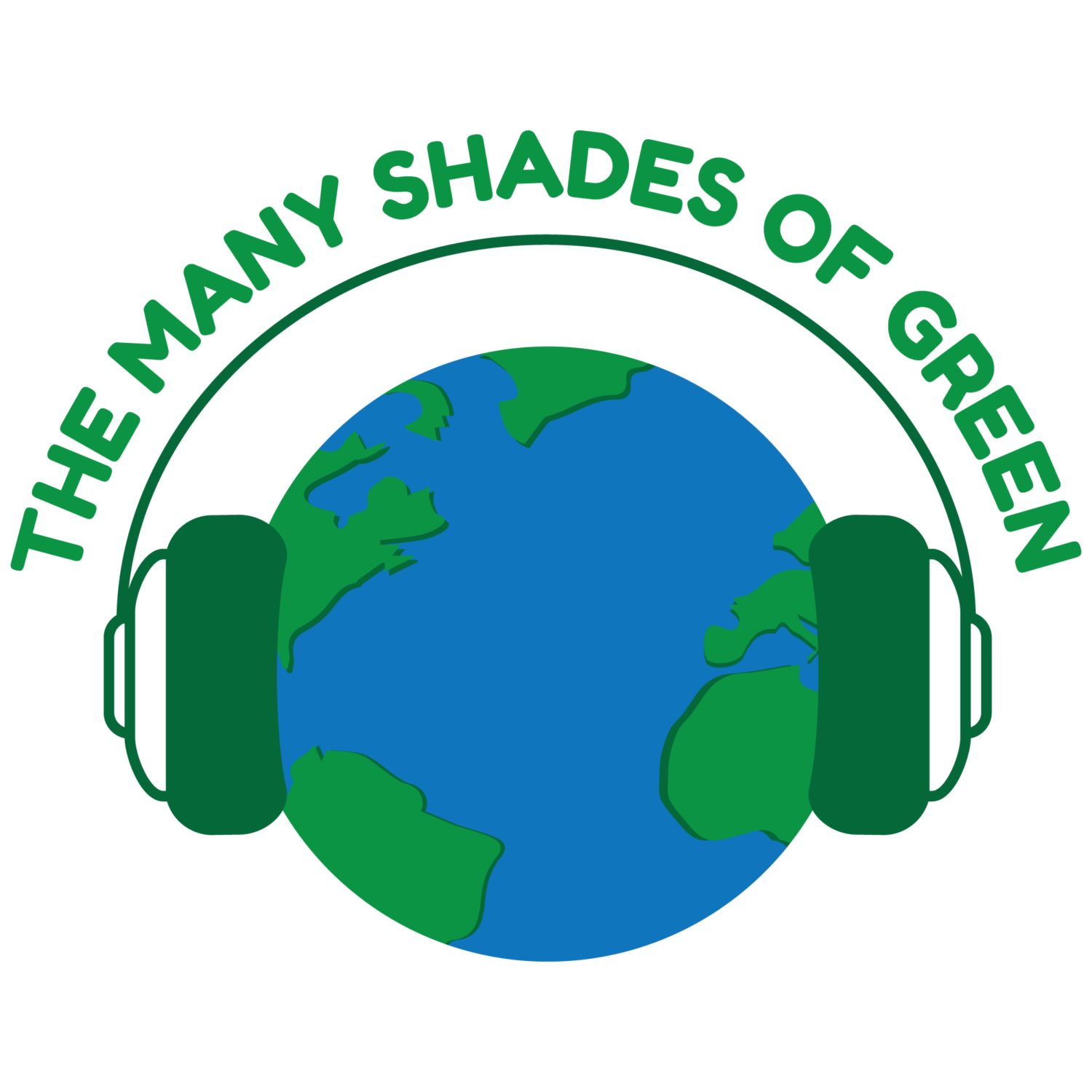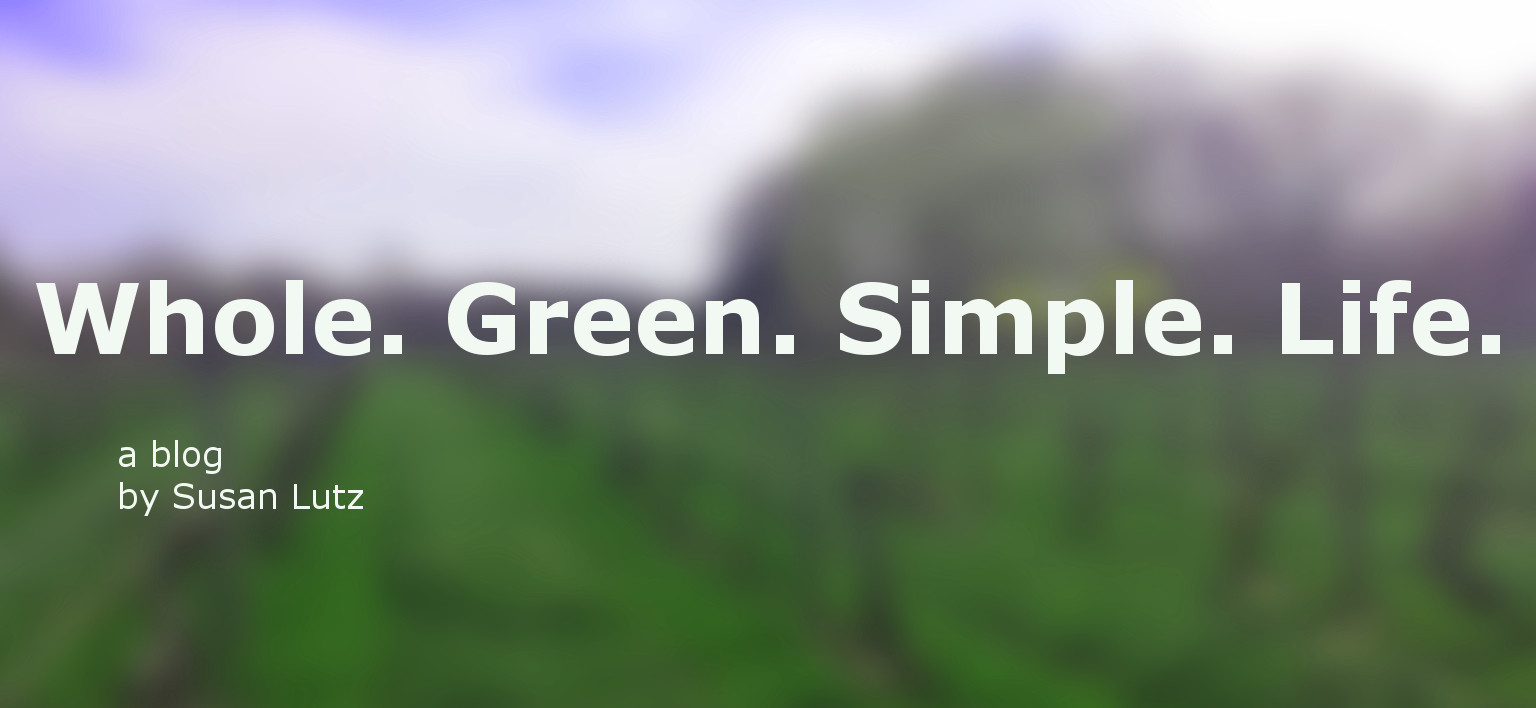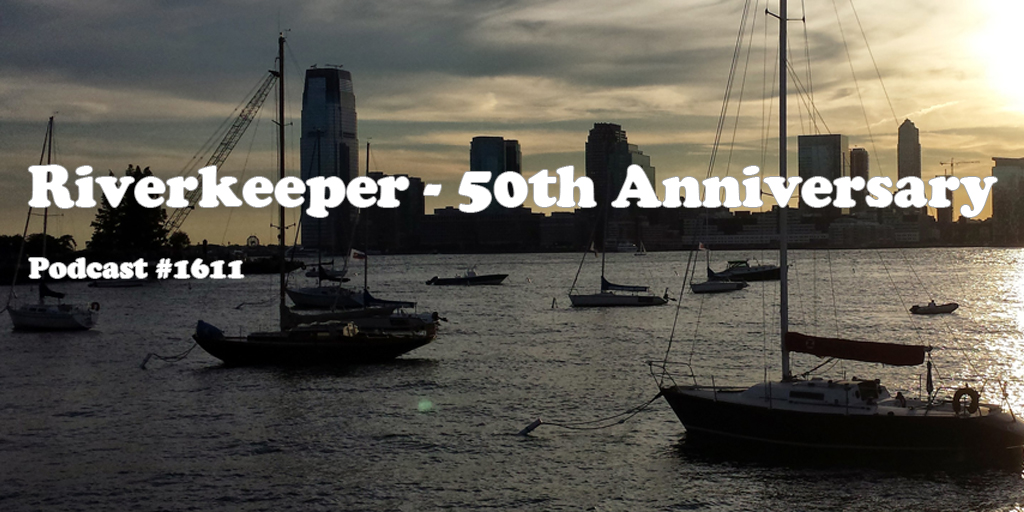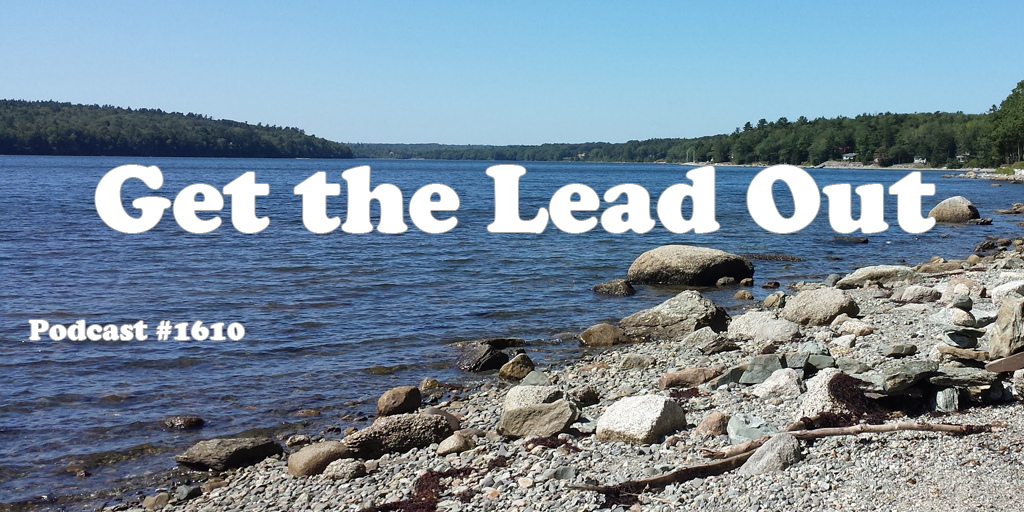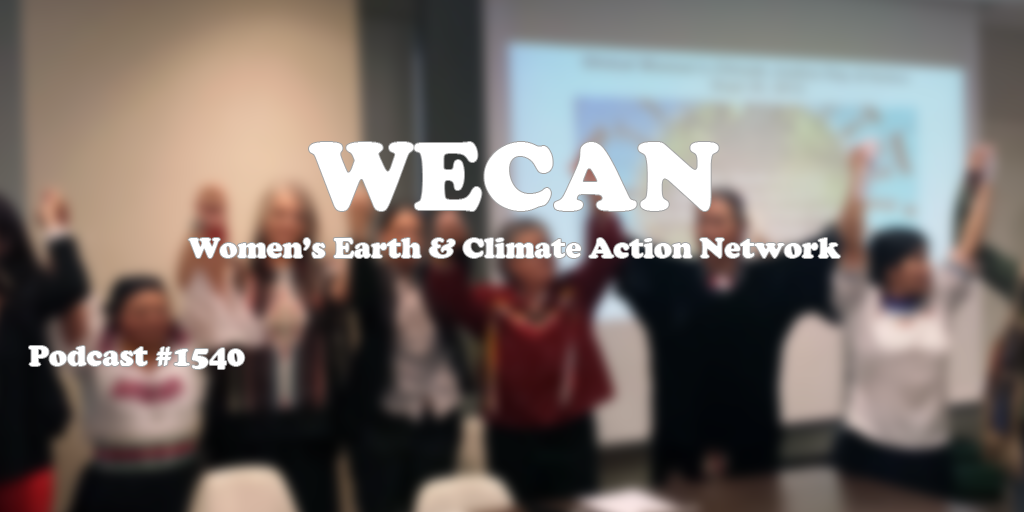Tune in to 50 Shades of Green Divas, as we discuss the role of lawns, and why we need to do something about our obsession with manicuring them. Spraying the grass with pesticides is not good for children, pets, or anyone else. Cancer rates are increasing, which is problematic to say the least, and the amount of water used to grow that perfect lawn, is adding to already bad drought conditions in many areas within the US and beyond. Why not do something lovely and grow a garden, or better yet grow some food. For more info go to thegreendivas.com #FoodNotLawns
Tweet us @50ShadesofGDs, @thegreendivas, @tmshadesofgreen
Category: Water
1803 Van Jones, Vien Truong, Rev Yearwood discuss Poverty, Pollution and Climate Justice
The most vulnerable members of society bear the brunt of adverse pollution effects. This is becoming more prevalent each day, as we see what has happened in Flint Michigan and the Port of Newark. Pollutants fill the air and water in lower and middle class neighborhoods, where the population is at greater risk both medically and financially. This episode brings in three powerful community leaders, Van Jones, Vien Truong and Reverend Yearwood to discuss this important issue. Cheech and Chong and Harold and Kumar also get mentioned, as spotted owls need to be saved from black market marijuana growers in CA. There is also the story of Camels and Botox, yup you read that right. So tune in, be informed and be active. It’s time to be Green for All! For more info go to greenforall.org, hiphopcaucus.org, vanjones.net
Also visit thegreendivas.com and tweet us @TheGreenDivas, @tmshadesofgreen and @50ShadesofGDs
1717 #StopSucking, Strawless Oceans, and Strawsome
Green Diva Meg and I speak with Dune Ives, Co-founder of the Lonely Whale Foundation, which has a campaign to reduce how plastic straws find their way into the ocean. Check out their Strawless Ocean (#StopSucking) campaign.
Plastics wind up in are the ocean via land and are carried by the wind and rain into the sea. Grocery bags, coffee cup lids, plastic bottles, straws and more. We need to work to stop this from happening.
One solution is in the form of glass straws, and we speak to Daedra Surowiec, Founder of Strawsome, which produces beautiful glass straws as an alternative to the polluting plastic version. They even designed a straw for the 50 Shades of Green Divas, called the GD Straw. Details coming soon on how you can purchase them.
Will we be able to get the now crippled EPA to regulate plastics as a pollutant under the Clean Water? Find out by going to:biologicaldiversity.org/campaigns/oceans and getting more info.
For additional info go to: lonelywhale.org, strawsome.com, thegreendivas.com and themanyshadesofgreen.com
1709 Fisheries and Fish Tales
Sustainable Fishing, Tish, the world’s oldest goldfish, and other fish tales are touched on in the latest episode of 50 Shades of Green Divas. We chat with Noah Bressman, a marine biologist about fisheries, the fishing industry, how to tell if the fish you buy is safe to consume, and other fish stories.
go to thegreendivas.com and themanyshadesofgreen.com for more
1621 Climate Monologues, Climate Change and Irthlingz
#1621 Climate Monologues, Stories of Climate Change and the plight of all Irthlingz
I caught up with Sharon Abreu after a performance of her one woman show, The Climate Monologues, at the United Solo Theatre in New York City. Sharon channels the voices of people affected by climate change, and brings their stories to life via monologues and music. Check out more by visiting:
climatemonologues.com, irthlingz.com and send Sharon a tweet @SharonAbreu
#1620 Rock and Wrap It Up
This episode of 50 Shades of Green Divas features Syd Mandelbaum, founder of Rock and Wrap it Up, an anti-poverty think tank, which works to feed those in need by taking unserved food from concert and sporting events, and delivering what is collected to local food charities. This not only helps feed those who go hungry, it minimizes waste in landfills, and thus reduces greenhouse gas emissions. The organization is also working to feed veterans and get needed supplies to women who cannot afford feminine products. For more information go to rockandwrapitup.org
1618 Kandi Mossett of Indigenous Rising Dakota Pipeline
Kandi Mossett of Indigenous Rising Dakota Pipeline
 Show #1618 A powerful conversation with Kandi Mossett, of Indigenous Rising, who is literally on the front lines of one of the current battles in the climate justice fight against the Dakota Access Pipeline. There are many reasons you need to listen to Kandi and learn more about what’s at stake.
Show #1618 A powerful conversation with Kandi Mossett, of Indigenous Rising, who is literally on the front lines of one of the current battles in the climate justice fight against the Dakota Access Pipeline. There are many reasons you need to listen to Kandi and learn more about what’s at stake.
Star Power
By Susan Lutz
Looking up to the sky, I seem so small. “100 Billion Galaxies each with 100 Billion Stars,” said Carl Sagan in the Cosmos episode 7, “The Backbone of Night.”
The power of his message grew with the rise of his own star. Today, many stars lend their voice to our star, planet earth, in hopes of fixing the mess we find ourselves in.
That smallness continues as the dawn breaks, I look around, and wonder how we can do anything to create change. We’re choking on plastic, dumping toxins in rivers, and spewing harmful gasses into the atmosphere. This is just the short list. Again, I look to the stars.
There are a lot of people doing important, tough work for our environment. I’d have to Google their names though because I can’t remember them. The moment a star, a film or literary or political star, begins talking about the environment – that I remember. I sit up and listen, or at least pause, when a star speaks about the work we need to do concerning the environment.
The reality is, a familiar face brings attention to the issue. Leonard DiCapprio spoke to the Pope about the environment. He has his own foundation called, The Leonard DiCapprio Foundation, dedicated to protecting the world’s last wild places. Julia Roberts is Mother Nature in a gorgeous, short video, “Nature is Speaking.”
Woody Harrelson hosts “Ethos,” a documentary looking “into the flaws in our systems, and the mechanisms that work against democracy, our environment and the common good.” Jeff Bridges narrates the video for the Plastic Pollution Coalition, “Open Your Eyes.”
Either I am starry-eyed or I am truly hearing the important message these spokespersons relate. After I saw the video narrated by Jeff Bridges, I felt nauseas at all the plastic I used. And I consider myself an aware person. Though the practice could seem cliché, I see a twinkle of light and hope as perhaps the message breaks through the atmosphere or our messy minds for just a moment. And funny, after hanging with Julia, Leonardo, Woody, Jeff, and even Carl, I feel like a bit of a bigger star. I feel inspired to do more, to and to help, even if it is the smallest of things.
John Parker – Riverkeeper
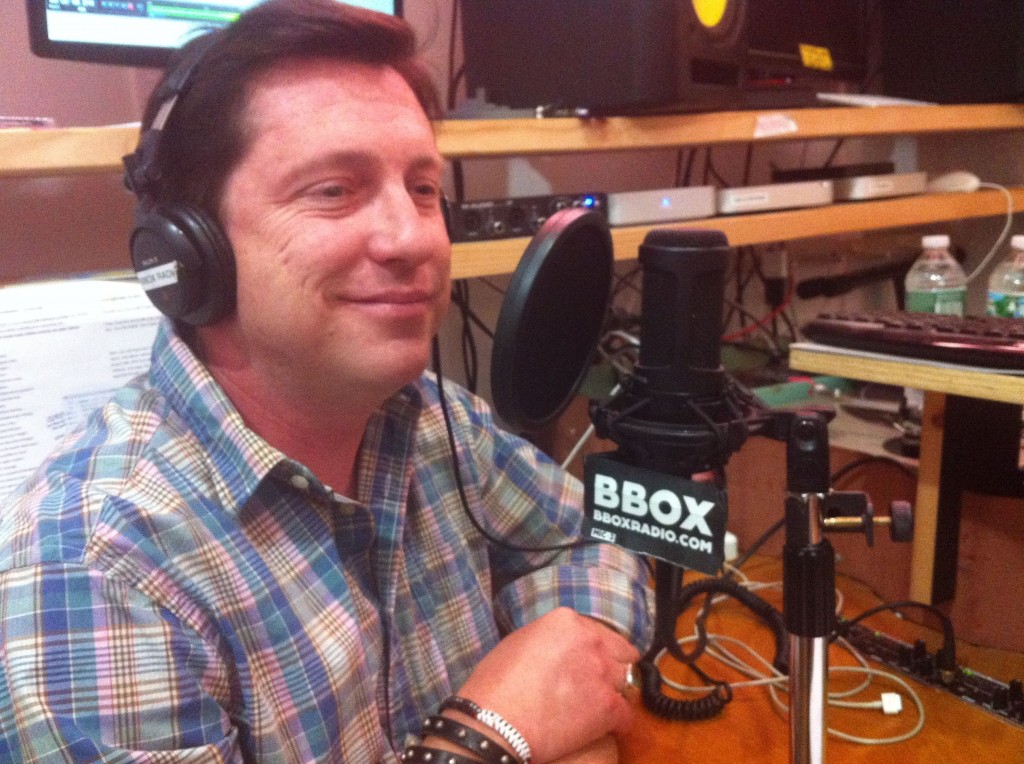 Riverkeeper, the guardian of the water, land and air celebrates its 50th Anniversary this year, and it is fitting to have friend of the show, John Parker, Director of Legal Programs at Riverkeeper, as my guest this week. We discuss all the great work Riverkeeper has done over these last five decades, as well as what they will continue to do to preserve and protect the environment. Keeping the waterways vibrant, and our drinking water clean, is essential to the health and well being of the citizens in New York State and beyond. To find out more about this great organization, go to Riverkeeper.org.
Riverkeeper, the guardian of the water, land and air celebrates its 50th Anniversary this year, and it is fitting to have friend of the show, John Parker, Director of Legal Programs at Riverkeeper, as my guest this week. We discuss all the great work Riverkeeper has done over these last five decades, as well as what they will continue to do to preserve and protect the environment. Keeping the waterways vibrant, and our drinking water clean, is essential to the health and well being of the citizens in New York State and beyond. To find out more about this great organization, go to Riverkeeper.org.
[soundcloud url=”https://api.soundcloud.com/tracks/262496403″ params=”color=ff5500&auto_play=false&hide_related=false&show_comments=true&show_user=true&show_reposts=false” width=”100%” height=”166″ iframe=”true” /]
Get the Lead Out
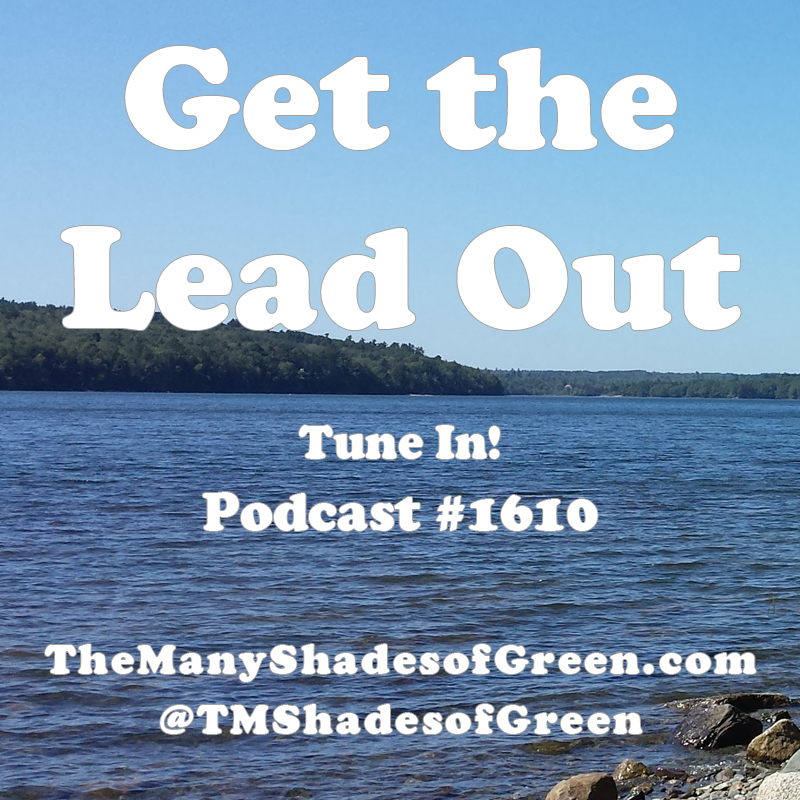 As the people of Flint Michigan fight for better quality water, the problem of lead pipes has come to the forefront of the newscycle. Enter our guest this week, Bill Spataro, a metallurgist who has worked for the New York Power Authority. Bill explains how chemicals from lead leach into the water systems, and what effect those chemicals have on those who bathe in and drink lead laced water. This is not just a problem in Flint, it could happen in your own backyard or community. Is this all preventable? To find out more about this issue go to health.ny.gov/environmental/lead/
As the people of Flint Michigan fight for better quality water, the problem of lead pipes has come to the forefront of the newscycle. Enter our guest this week, Bill Spataro, a metallurgist who has worked for the New York Power Authority. Bill explains how chemicals from lead leach into the water systems, and what effect those chemicals have on those who bathe in and drink lead laced water. This is not just a problem in Flint, it could happen in your own backyard or community. Is this all preventable? To find out more about this issue go to health.ny.gov/environmental/lead/
[soundcloud url=”https://api.soundcloud.com/tracks/261958154″ params=”color=ff5500&auto_play=false&hide_related=false&show_comments=true&show_user=true&show_reposts=false” width=”100%” height=”166″ iframe=”true” /]
WECAN: Women’s Earth & Climate Action Network
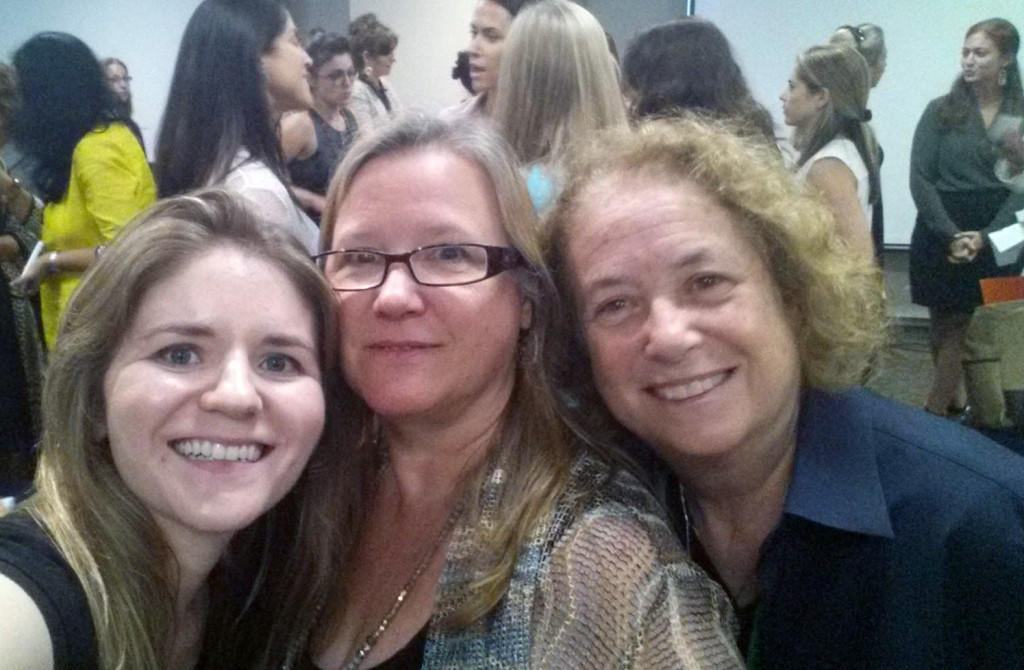 This weeks episode takes us to the Global Women’s Climate Justice Day of Action at the UN, sponsored by the Women’s Earth and Climate Action Network (WECAN). This event was attended by women from over 50 countries. To have such a collection of amazing women in one place, who presented stories of courage and resilience in combating climate change was deeply touching. Women play a key role in adapting solutions to climate change, and it was an honor to speak with WECAN founder Osprey Lake, environmentalist visionary Sally Ranney, as well as Neha Misra founder of Solar Sister, Harriet Shugarman Executive Director of ClimateMama, Executive Director of CELF Katie Ginsberg and student Coreena, and Patricia Gualinga-Montalvo, Indigenous Leader of Ecuador, whose interview was translated by Amazon Watch’s Executive Director Leila Salazar-López. For more information visit wecaninternational.org
This weeks episode takes us to the Global Women’s Climate Justice Day of Action at the UN, sponsored by the Women’s Earth and Climate Action Network (WECAN). This event was attended by women from over 50 countries. To have such a collection of amazing women in one place, who presented stories of courage and resilience in combating climate change was deeply touching. Women play a key role in adapting solutions to climate change, and it was an honor to speak with WECAN founder Osprey Lake, environmentalist visionary Sally Ranney, as well as Neha Misra founder of Solar Sister, Harriet Shugarman Executive Director of ClimateMama, Executive Director of CELF Katie Ginsberg and student Coreena, and Patricia Gualinga-Montalvo, Indigenous Leader of Ecuador, whose interview was translated by Amazon Watch’s Executive Director Leila Salazar-López. For more information visit wecaninternational.org
[soundcloud url=”https://api.soundcloud.com/tracks/237134561″ params=”color=ff5500&auto_play=false&hide_related=false&show_comments=true&show_user=true&show_reposts=false” width=”100%” height=”166″ iframe=”true” /]
We’re Melting
By Susan Lutz
Forests are dying. Polar bears starving, ice caps shrinking. The list grows. We’ve spent a lifetime stomping on the planet and now world leaders gather in the hopes of finding a solution before we hit the tipping point. Can we pull back? Can we save ourselves?
I read positive stories: a community garden in Haiti becomes a center of growth and revitalization; the price of solar power is dropping fast and becoming an extremely viable alternative energy source; climate adapted strategies are manifesting and working to stabilize wildlife. Around towns, I see trees being planted, youth conversing about important issues. This is great. And there are many more examples of success and ideas which are moving us forward.
Yet, I read bad news, too: the UK starts to cut millions of dollars from its renewable resources; the threat of disease increases due to insects gaining the ability to live longer and travel farther; the sea level is rising; and of course, we’ve all seen the pictures of the polar bears starving. Some days, it’s hard to read the news. Some days it does seem like we’re just going to tip over and sink.
I recently heard a lecture on the cause and effect of our actions and the impact our choices have on climate change. The most interesting, and most powerful, I thought, was this: What are we willing to give up? In this country, the majority of cars during rush hour consist of single drivers. Bottled water and soda fill our vending machines, and we don’t give a second thought to the short pleasure we get versus the amount of toxins in each bottle. We like our stuff. We like our creams, cars, deals online, new phones, and processed, over-packaged foods.
The summit on climate change brings together world leaders. The model of coming together to talk; understanding our differences; taking note of those suffering the most; and, moving forward with dialogue. Regardless of how difficult the task is, it is one we must implement from the highest of offices to the grass-roots level.
We wait too long to act. We wait to change gun laws until terror steps into our cafes (if even then). We wait to ban trophy hunting and poaching and watch as species become threatened and face habitat loss and even become extinct. We’re slowly melting under the take-the-money-and-run philosophy of getting what we need, now, and forgetting how it will hurt us in the future.
When my son picked up an acorn the other day, he thought it was the grandest of discoveries. I held it up and told him it was amazing. We carried it with us as if it were a piece of gold. Our food supply, our land, our water – they truly are gold. We must realize this now, or we will watch as the world melts and slowly slips away.

